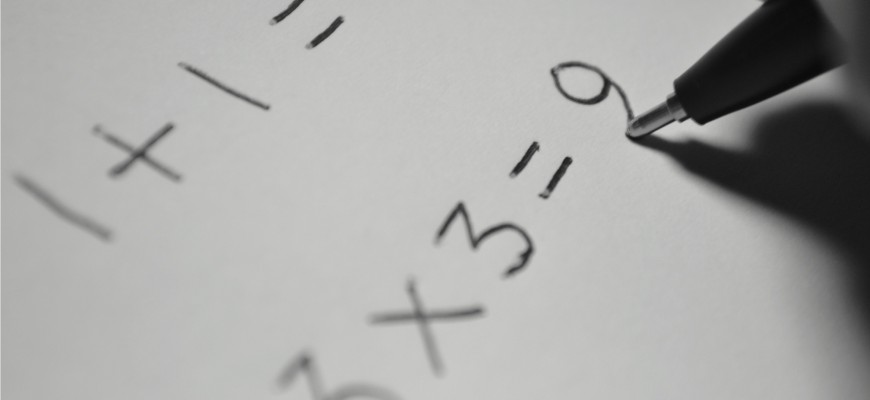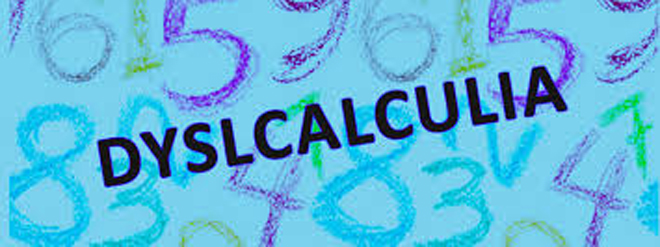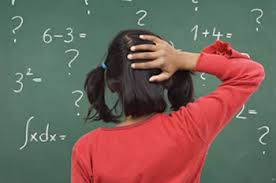Counting is perhaps one of the oldest scientific operations still in use today. From a young age we learn to count the numbers 0, 1, 2, 3, 4, 5, 6, 7, 8, 9. These are called the digits. But there is a problem with ten: we have to write it...
Continue reading...
Many students have difficulty learning mathematics for a variety of reasons. Not all of these students have dyscalculia. However, there are some basic areas of mathematical activity in everyday life that may indicate a dyscalculic tendency if persistently difficult and frustrating for a person. Such symptoms manifest as: mathematics anxiety...
Continue reading...
Teaching maths concepts has long been considered the domain of the classroom teacher, with many parents often feeling unable to help their kids develop this skill. However, parents already do many things with their kids that can encourage mathematical thinking and help them see the relevance of mathematics in their everyday lives....
Continue reading...
This symptom list is from “http://www.dyscalculia.org/ Normal or accelerated language acquisition: verbal, reading, writing. Poetic ability. Good visual memory for the printed word. Good in the areas of science (until a level requiring higher math skills is reached), geometry (figures with logic not formulas), and creative arts. Mistaken recollection of...
Continue reading...
DYSCALCULIA – Explained simply Every once in a while a really great brochure comes along that is easy to read and is really useful for parents and teachers. This is one of those. I was given a copy of this brochure by a colleague Ann Williams who is studying dyscalculia...
Continue reading...























